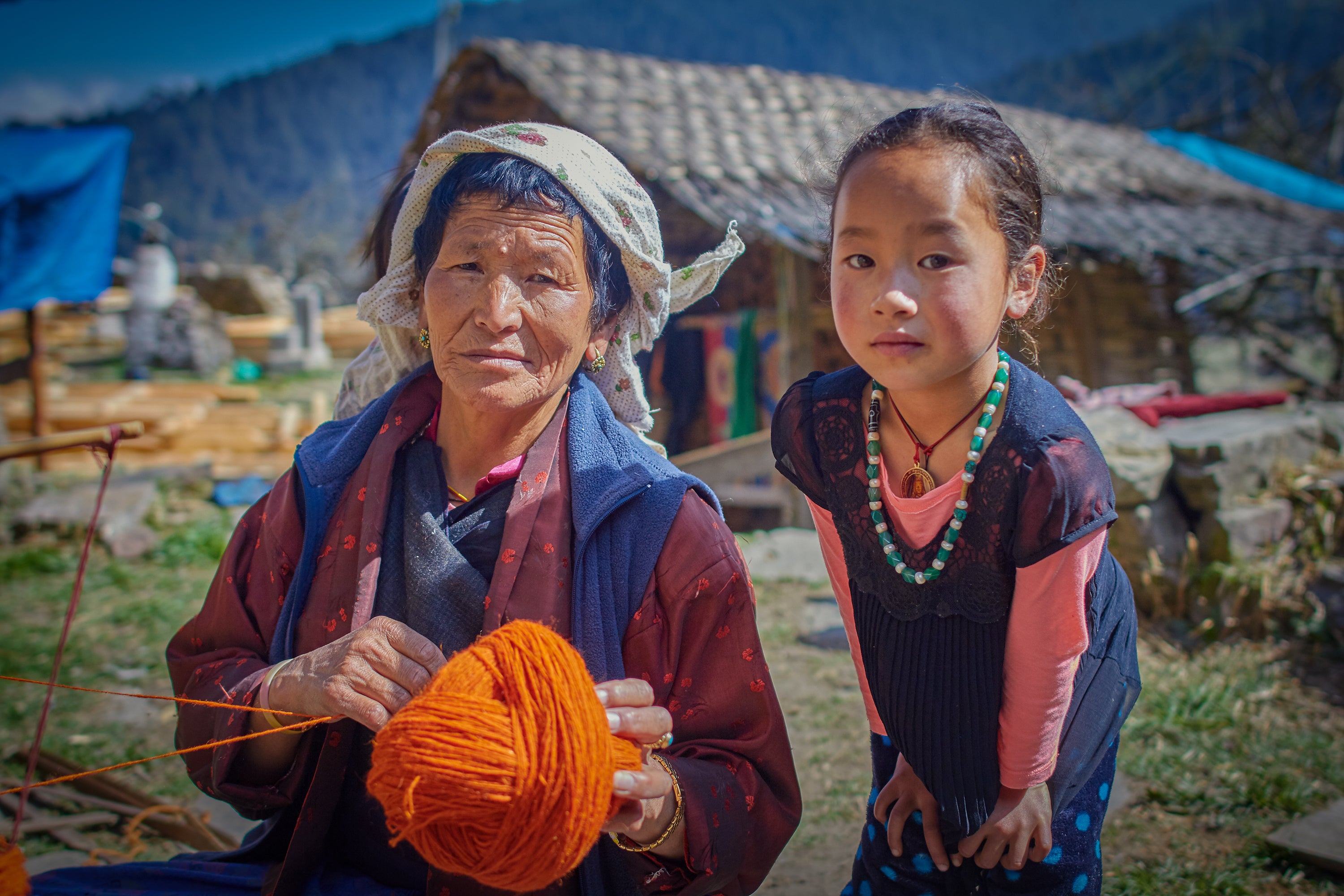 A productive and market-driven agriculture sector has the potential to play a significant role in meeting food and nutrition security, poverty reduction through higher rural incomes, and equitable and sustainable economic development goals.
A productive and market-driven agriculture sector has the potential to play a significant role in meeting food and nutrition security, poverty reduction through higher rural incomes, and equitable and sustainable economic development goals.
“Never did I imagine that I could grow anything other than cardamom on this land,” says 52-year-old Bhudiman Gurung. A resident of the Laptshaka in Tading gewog, a small village in southwest Bhutan, Bhudiman is one among many farmers who have benefited from the World Bank’s Global Agriculture and Food Security Program (GAFSP). “Not only has it helped my family and I become self-sufficient,” he adds, “it has also given me an extra income to send my granddaughter Sunita to school.”
This is troubling because Bhutan is mainly agrarian. Agriculture accounts for the livelihoods of over half the country’s population and remains its most promising sector. Sustainable agriculture has the potential to ensure higher and more inclusive growth, reduce Bhutan’s food imports, and help combat malnutrition, which affects children under the age of five across the country.
Sustainable agriculture has the potential to ensure higher and more inclusive growth, reduce Bhutan’s food imports, and help combat malnutrition.
It will help farmers increase agricultural productivity and allow some 8,023 farmer-households better access markets. With the World Bank’s partnership strategy for Bhutan soon to be formalized, the number of beneficiaries should rise.
Through the program, Bhutan’s Ministry of Agriculture and Forest has been able to better understand and attend to problems faced by the farmers.
For example, officials designed interventions including strengthening farmers’ groups and building their technical and business capacities; increasing the productivity of food and high-value crops through water use efficiency and improved agri-inputs and technologies and enhancing access to markets for farmers through post-harvest and market infrastructure support and linkages to domestic and export markets.
A productive and market-driven agriculture sector has the potential to play a significant role in meeting food and nutrition security, poverty reduction, and equitable and sustainable economic development goals.
“It is not the easiest work, but it is still better than loafing jobless in the city,” says 20-year-old Yaraj Ghalley, a recent graduate of the Gedu Business College. He is one of many who have returned home to help their families and are pursuing sustainable agriculture as a profession. “With enhanced farm digitization and new technology knowhow, it is not as tedious as people earlier perceived farm work to be,” he added.
However, due to low-productivity growth in agricultural activities and limited private sector development, the transition out of farming and into more productive jobs will likely be slow.
Hopefully, it will not be long before many more girls like Sunita can afford to go to school, and many more aspiring farmers like Yaraj Ghalley find meaningful work in the field.


Join the Conversation